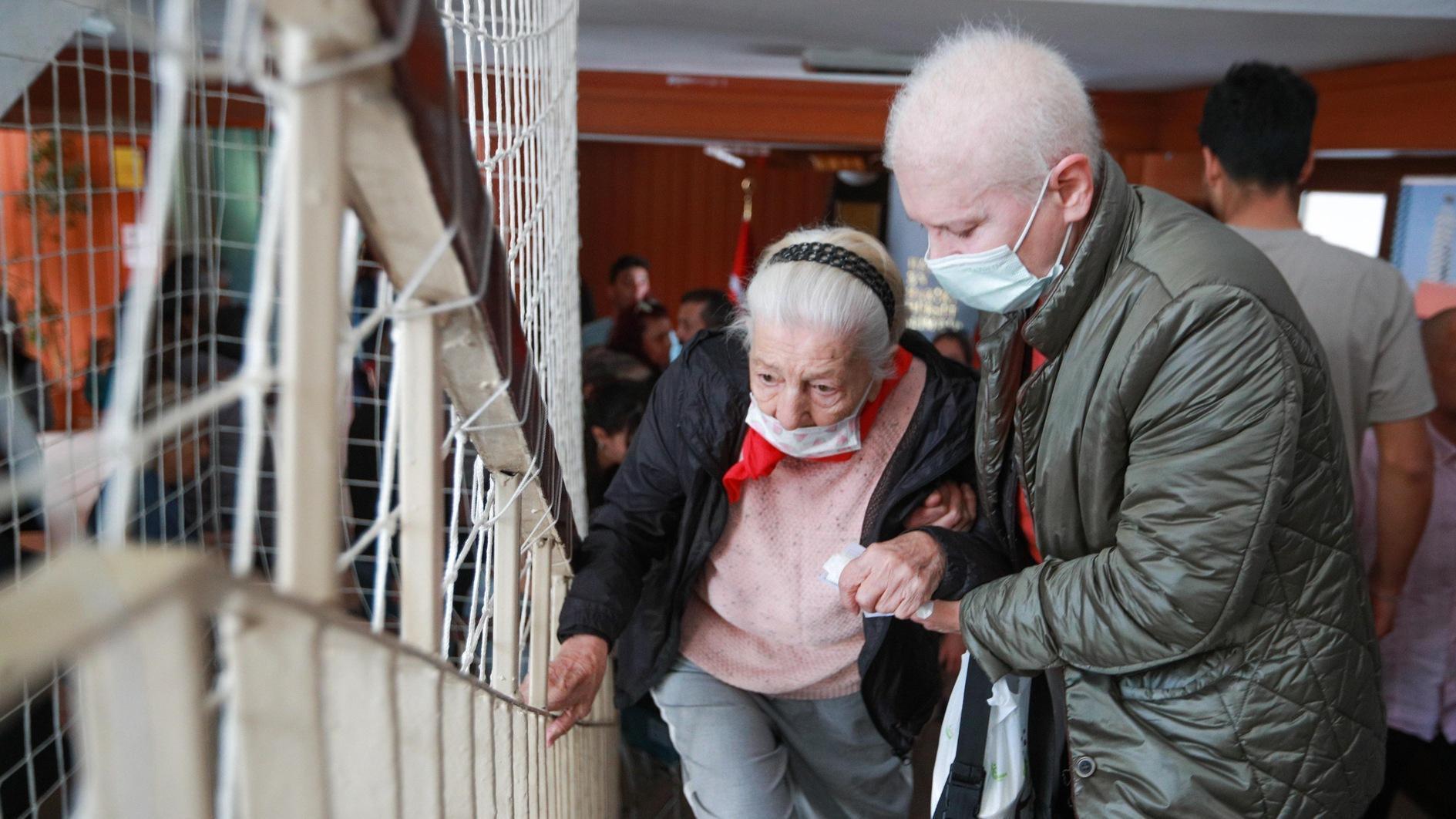
Türkiye’s population, like the rest of the world, is aging and new social arrangements should be made to address the emerging needs of a shifting demographic, experts have said.
The population aged 65 and above reached around 8,722,000 people in 2023, according to the Turkish Statistical Institute (TÜİK).
While the elderly made up 9.5 percent of the population in 2020, this rate increased to 10.2 percent last year, thus reaching double digits for the first time in the history of the country.
Noting that Türkiye's total fertility rate of 1.62 live births per woman falls below the world average of 2.31, Associate Professor Emre Birinci stated, "Life expectancy has increased by an average of 30 years in this century."
Furthermore, TÜİK data shows that 3,880,000 of the elderly population were men and 4,842,000 were women in 2023. Dr. Sevinç Sütlü from Burdur Mehmet Akif Ersoy University's Gerontology Department pointed out that population aging has resulted in "feminization" of the population with lower mortality rates among women.
Speaking about the possible changes that the demographic shift may bring Professor İsmail Tufan, head of the Gerontology Department at Akdeniz University's Faculty of Health Sciences, said that factors such as labor force loss and rising retirement age may affect economic growth.
Sütlü also said that the increase in demand for healthcare services due to chronic diseases may put an additional burden on the insurance system.
Emphasizing that changes will occur in various areas of life, Tufan said, "Demand for social services for older people, as well as nursing homes, house maintenance and care services, may increase. The risk of social isolation and loneliness will increase with age. The weakening of family ties and the alienation of elderly individuals from society may lead to social problems. Mental and physical health problems, including dementia, depression and osteoporosis, will also increase in old age."
Associate Professor Emre Birinci, head of the Department of Elderly Care Program at the Vocational School of Health Services at Anadolu University Yunus Emre also warned that the number of people over the age of 65 with Alzheimer's disease is projected to triple by 2050.
Tufan stated that policies and programs need to be developed in the fields of health, social services and economy to deal with these problems. "In addition, social support networks need to be strengthened to improve the integration of older people into society and quality of life," he advised.